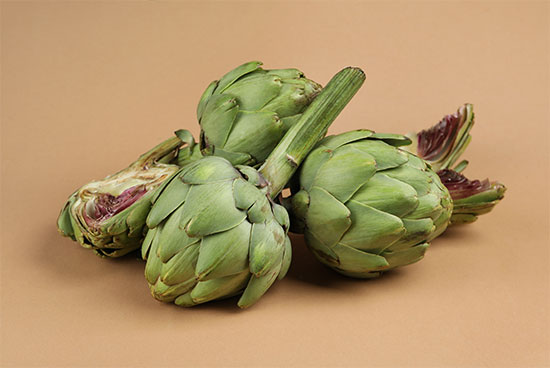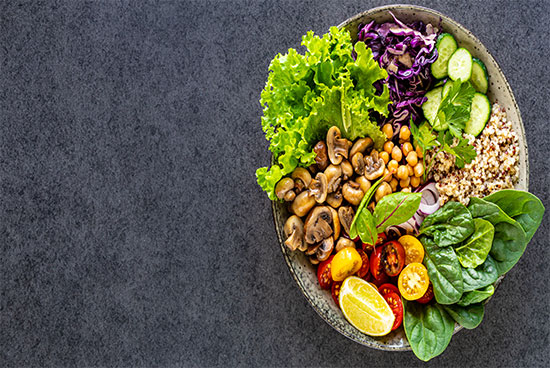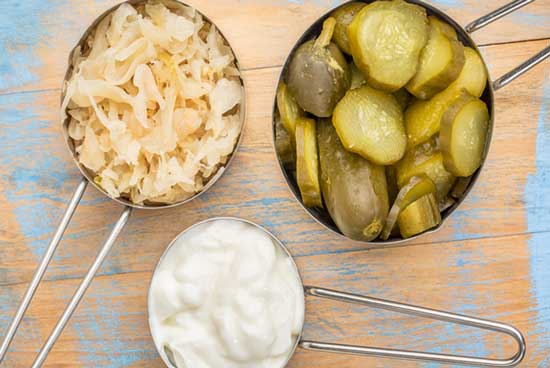Having a healthy gut should be the utmost priority for every human. The more our gut is healthy the healthiest we will be. Our gut health is the sole centre for many diseases and discomforts. Having proper gut health will evade all the unnecessary health problems that we witness in our lives on a day-to-day basis. Going for probiotics and eating healthy food are some of the required means that one can do to have a healthy gut.
There have been lots of studies which have been emerging regards to keeping our gut health at the finest level. During the past decade, research into the microbiome and its role in human health has been one of the most revelatory areas of medical science. However, there has been finely new evidence that states the nature of our gut health and its connection with our sleep. No matter whatever goes on in our gastrointestinal tract has a prominent relationship with sleep, and it’s first important to know that our gut has a close relationship with your brain, compared to anything else.
The Human Brain and Gut are correlated with each other
Experts who study the gut microbiome recommend that the gut affects our sleep, which is technically known as the gut-brain axis. The human brain is the body’s command centre, and constantly sends and receives information from every part of the body’s systems. But there’s evidence that the connection between the gut and the brain is especially strong and complex.
Gut health has a close connection with healthy brain function. Research from the University of Tsukuba in Japan suggests that gut bacteria may also influence normal sleep patterns by helping create important chemical messengers in the brain, such as serotonin and dopamine.
Gut-Brain Axis Affects Sleep
Intestinal metabolism is closely connected to brain function by way of the circulatory system and vagus nerve, which create a network known as the brain-gut axis or microbiota-gut-brain axis. With much research regards to gut health, it has been observed that the gut microbiome, which consists of the community of bacteria, viruses, and fungi that live in the gut, has an effect on elements of cognitive function, brain development, memory formation, circadian rhythmicity, and mental health.
What we eat affects the composition, size, and daily rhythms of the gut microbiota. Changes to the gut microbiota alter intestinal metabolism because microbes belonging to the microbiota produce many gut metabolites the molecules that result from the chemical reactions that occur during the process of digestion.
However, changing the diet may potentially improve a person’s sleep or reduce sleep problems. Should this prove to be the case, it would serve as a natural, fairly simplistic alternative treatment to sleep medications, which can have a range of negative side effects, including daytime drowsiness and gastrointestinal problems.
The Synergy Between Gut Health and Sleep Disturbances
Health problems related to digestion and the well-being of bacteria in our gut have been recognized as factors that can also impact our sleep. There is no secret that lack of sleep, appetite, and obesity have a tight bond, but studies show that the shift between the day and night does not just affect our circadian rhythm (an internal clock that regulates our body’s functions), but the rhythm of the gut microbes too, whose activities depend on our day and night schedule. Because of that, they can also have an impact on the circadian rhythm of other organs.
We already know that the connection between sleep and appetite is extremely important because sleep deprivation can put our appetite out of balance, increase our food cravings, and cause weight gain. That is because lack of sleep decreases the level of a hormone called leptin, which is responsible for our feelings of satiety. However, it also increases the level of ghrelin, a hormone in charge of hunger. So, when we lack sleep, leptin cannot control or signal when we are full, but ghrelin is telling us to continue eating even more. This helps explain why sleep-deprived people tend to gain weight faster and are at higher risk of obesity.
Sleep deprivation also impacts the parts of our brain in charge of impulse control. That is why many people who suffer from poor sleep claim that they cannot control themselves when it comes to overeating. All of that has consequences for the well-being of our gut and its ecosystem.
Can Probiotics Help to Cure Sleep Problems?
In order to maintain optimal gut health consumption of Probiotics is highly recommended. Probiotics are indeed good bacteria that can help boost the levels of naturally occurring beneficial bacteria in our gut. The word probiotic means “for life,” which is the opposite of antibiotic. The usage of antibiotics indiscriminately kills both bad and good bacteria, whereas Probiotics, or Direct-Fed Microbials (DFMs), help to keep our intestinal microflora to a healthy state, thus making the right inflow of good bacteria into it.
To avail this bacteria for the betterment of our health, various probiotic foods are available, which will help us boost maximum stability in our gut to maintain a healthy and disease-free lifestyle. At present people are opting for probiotic supplements, which is not a better choice to keep your gut healthy. However, in such a case it is necessary to avail natural foods to replenish the need for probiotics.
To improve the quality of sleep as well as digestion, here are some of the tips that one should follow for proper gut health: –
1.) Organic Food
 Having organic food supports microbiome health because there are indications that pesticides can harm the good bacteria we need in our tract. It’s not just fruit and vegetables, but also grains, beans, dairy, and animal products too.
Having organic food supports microbiome health because there are indications that pesticides can harm the good bacteria we need in our tract. It’s not just fruit and vegetables, but also grains, beans, dairy, and animal products too.
2.) Choose a Rainbow Plate
 Eat the rainbow of colourful fruits and vegetables because it’s also beneficial for the gut. A diet rich in fruits and veggies is a foundation, but in order to secure a diversity of good bacteria, we need to take a variety of plants, not just apples and bananas.
Eat the rainbow of colourful fruits and vegetables because it’s also beneficial for the gut. A diet rich in fruits and veggies is a foundation, but in order to secure a diversity of good bacteria, we need to take a variety of plants, not just apples and bananas.
3.) Probiotic Foods
 Get enough probiotic foods, they represent a source of energy for trillions of different organisms in your gut. Plants that are rich with fibres, such as apples, asparagus, artichokes, onions, and garlic, are a good source of probiotics.
Get enough probiotic foods, they represent a source of energy for trillions of different organisms in your gut. Plants that are rich with fibres, such as apples, asparagus, artichokes, onions, and garlic, are a good source of probiotics.
4.) Regular Exercise
 Exercise for your gut too not only will improve your sleep, but physical activity also benefits our microbiome by increasing the number of good bacteria and combating chronic inflammation too.
Exercise for your gut too not only will improve your sleep, but physical activity also benefits our microbiome by increasing the number of good bacteria and combating chronic inflammation too.
Disclaimer:
The information contained in this article is for educational and informational purposes only and is not intended as a health advice. We would ask you to consult a qualified professional or medical expert to gain additional knowledge before you choose to consume any product or perform any exercise.









